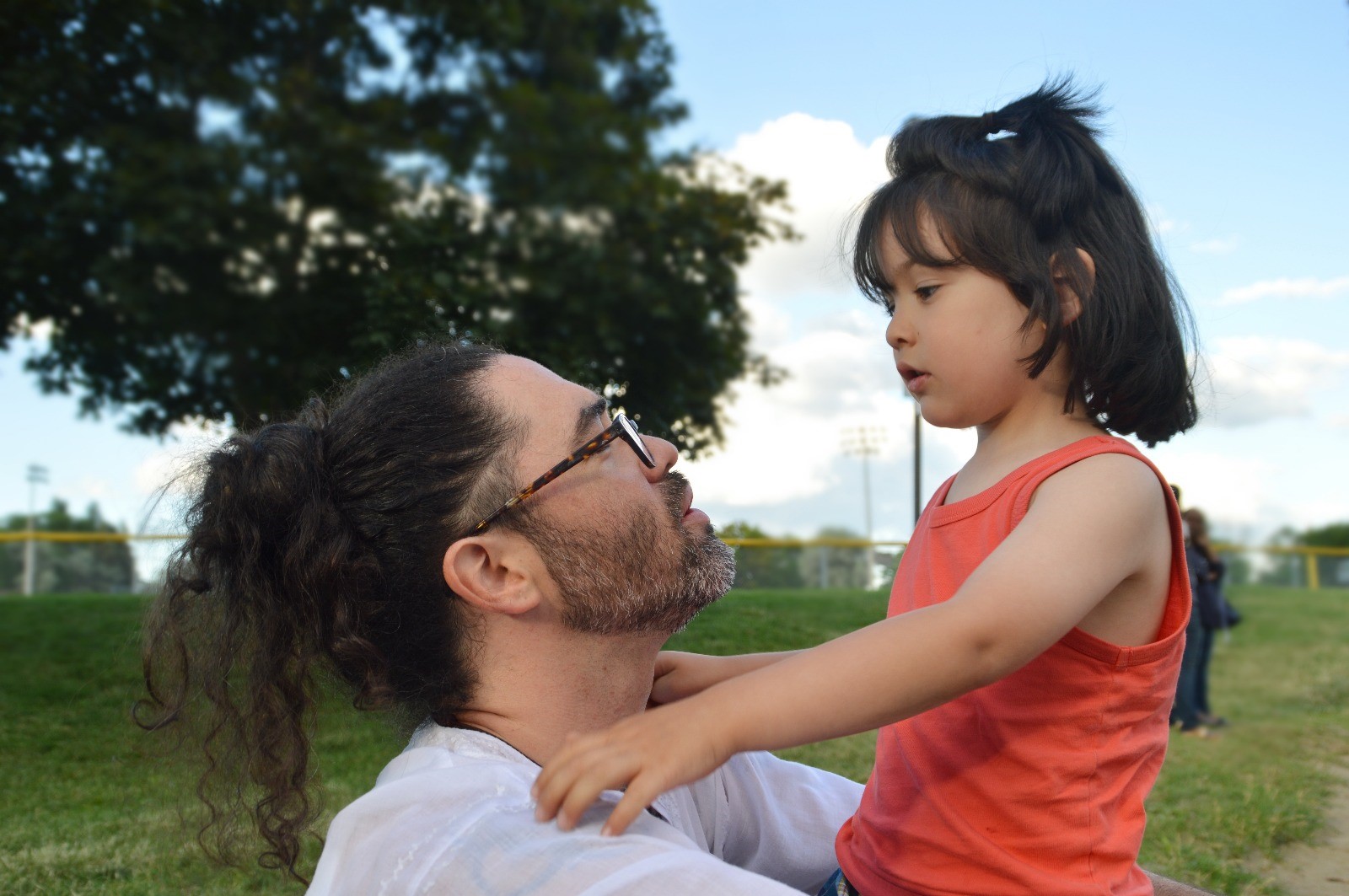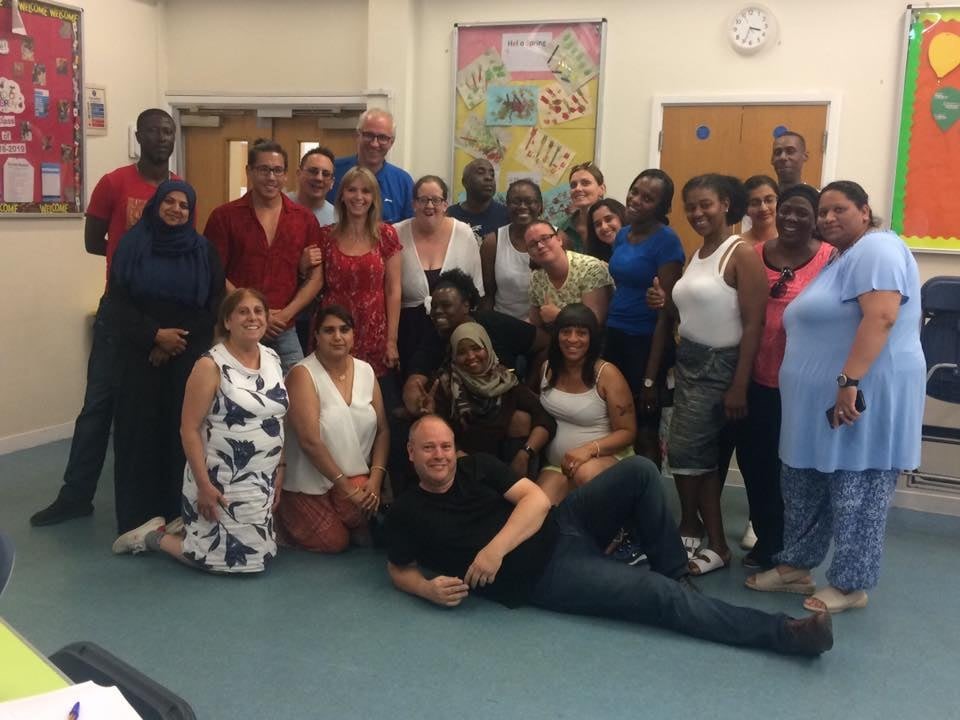I am a Family Support Worker
When Social Workers and Family Support Workers come across families who have children with autism, it is important that they know that parenting a child on the spectrum requires a whole different approach in order to develop thriving parent/child relationships.
Erik, in his role as a Family Social Worker, is often called upon to give advice or take over cases where families have one or more children on the autistic spectrum. This is because, when it comes to autism, there is nothing like personal experience to help you know how to support parents to reduce their children’s meltdowns, advocate for them in school and build thriving relationships.
Often strategies that workers use with typical families, don’t work at all with families who have children on the spectrum and workers can feel at a loss, through no fault of their own.
We can deliver bespoke training packages for Social Workers & Family Support Workers, Charities, Churches & Youth groups.
In our training session, we help YOU to help the PARENTS to help the CHILD.

We cover how you can support the parents to
- Help their child regulate their feelings & emotions
- Understand and manage their child’s challenging behaviour
- Handle schools / home education / EHCPs
- Calm their child’s sensory overload & overwhelm
- Reduce their child’s anxiety
- Nurture their relationship with their child
- Increase their child’s willing engagement
- Create opportunities to move their child from isolation to friendships
- Support their own wellbeing.
If you work directly with children/young adults, we will cover:
- Understand the young person’s world: Learn what they are likely to be going through and how to best support them in what they are doing.
- Unlock their potential: Address how you can support their developmental needs while you are with them, to open doors to social and emotional growth.
- Support friendships: Help the young person thrive socially and build autonomy.
- Manage behaviour effectively: Prioritize connection to foster better relationships and therefore behaviour.
- Inclusive group strategies: Develop strategies to support the young person within the whole group setting.

Testimonial
‘This has been extremely helpful. Other companies should use the two of you because you have lived through 17 years of trial and error, meltdowns, hope and success. It has been amazing to listen to your experiences today, not only to reflect on work, but my own family. It’s the first time I have been properly connected in autism training. It was very enjoyable and has left me excited to take a lot of knowledge away to apply to work and life’.
Course participant, the Log Cabin Charity, Ealing, West London.
This charity provides inclusive after-school, weekend and holiday clubs for young people – particularly those with additional needs.

